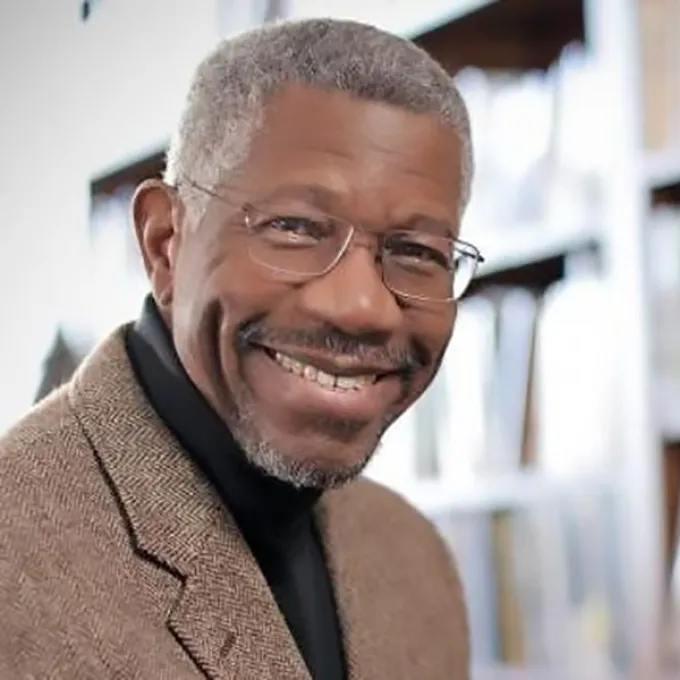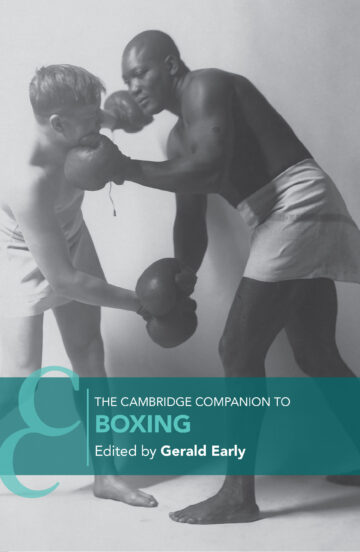Professor Early is an award-winning essayist, author, and editor. He has served as a commentator for NPR and as a consultant for multiple documentaries with Ken Burns.
Gerald Early is the Merle Kling Professor of Modern Letters in the African and African American Studies Department at Washington University in St. Louis, where he has taught since 1982.
He was most recently the interim director of the Center for the Study of Race, Ethnicity, and Equity (2022-2023). He was previously the chair of the African and African American Studies Department (2014-2021). He is also the executive editor of The Common Reader, Washington University’s interdisciplinary journal published under the auspices of the Provost’s office.
Early is a noted essayist and American culture critic. His collections of essays include Tuxedo Junction: Essays on American Culture (1989); The Culture of Bruising: Essays on Prizefighting, Literature, and Modern American Culture, which won the 1994 National Book Critics Circle Award for Criticism; This is Where I Came In: Essays on Black America in the 1960s (2003), and, most recently, A Level-Playing Field: African American Athletes and the Republic of Sports (2011). He also authorizes Daughters: On Family and Fatherhood (1994).
His anthologies include The Cambridge Companion to Boxing (2019); Approaches to Teaching Baraka’s Dutchman (2018, with Matthew Calihman); The Sammy Davis, Jr. Reader (2001); Miles Davis and American Culture (2001); The Muhammad Ali Reader (1998); Ain’t But a Place: An Anthology of African American Writings About St. Louis (1998): and Body Language: Writers on Sport (1998). Early is an elected American Academy of Arts and Sciences fellow and has been honored with a star on the St. Louis Walk of Fame.







